A Beginner’s Guide to Sustainable Agriculture Techniques
As a farmer, I faced high costs and unpredictable weather. Sustainable agriculture became a lifeline for my family’s farm. It started with realizing our old ways were harming our land and wallet.
Sustainable agriculture is more than growing food. It’s about creating a balanced ecosystem. This approach nurtures the land, supports local communities, and ensures farming’s long-term success. By adopting sustainable practices, you can make your farm resilient and productive, working with nature.
Today’s farmers face big challenges like climate change, soil loss, and economic worries. Sustainable agriculture offers a strong solution. It focuses on ecological balance, saves resources, and brings economic stability. These methods are good for the planet and smart for your farm’s future.
Key Takeaways
- Sustainable agriculture protects soil health and biodiversity
- Reduces long-term farming costs and environmental impact
- Increases farm resilience against climate challenges
- Supports local ecosystem and community well-being
- Provides economic stability for small and medium-scale farmers
Understanding the Fundamentals of Sustainable Agriculture
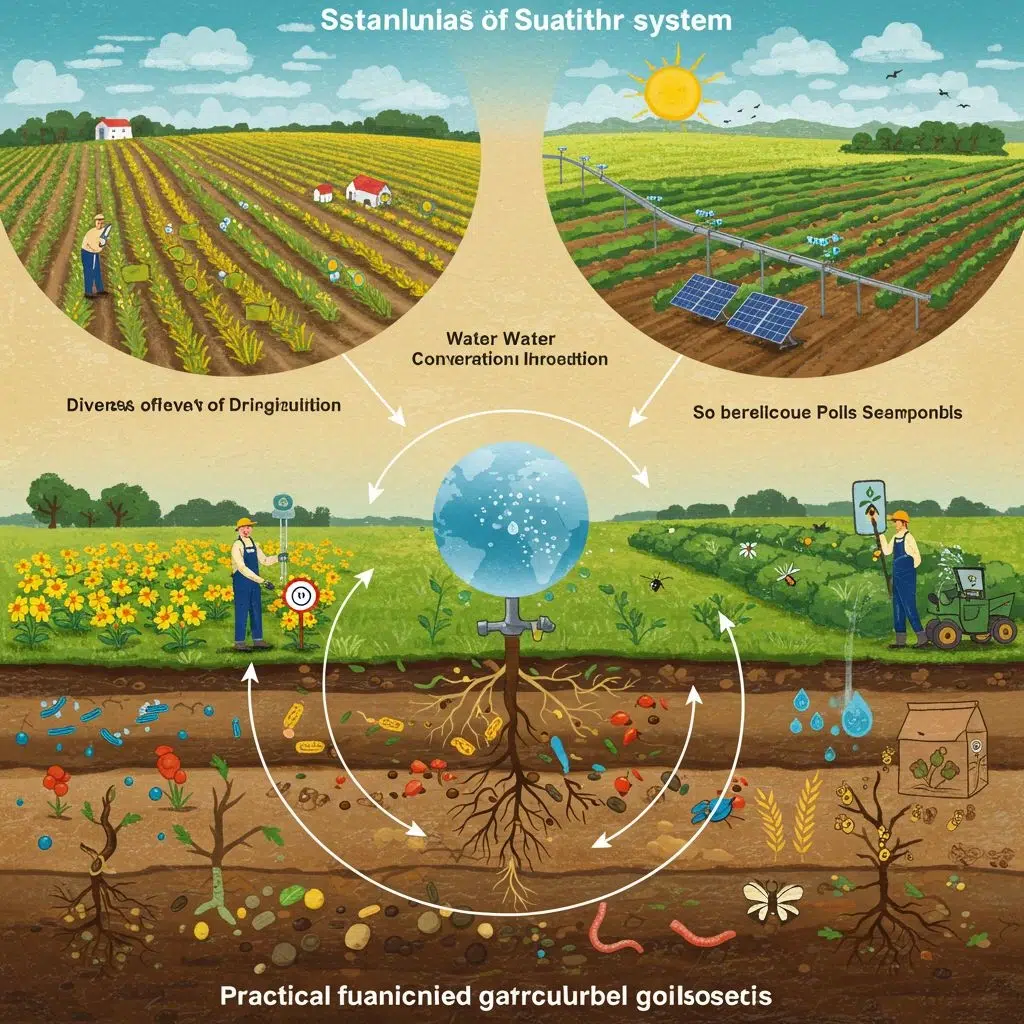
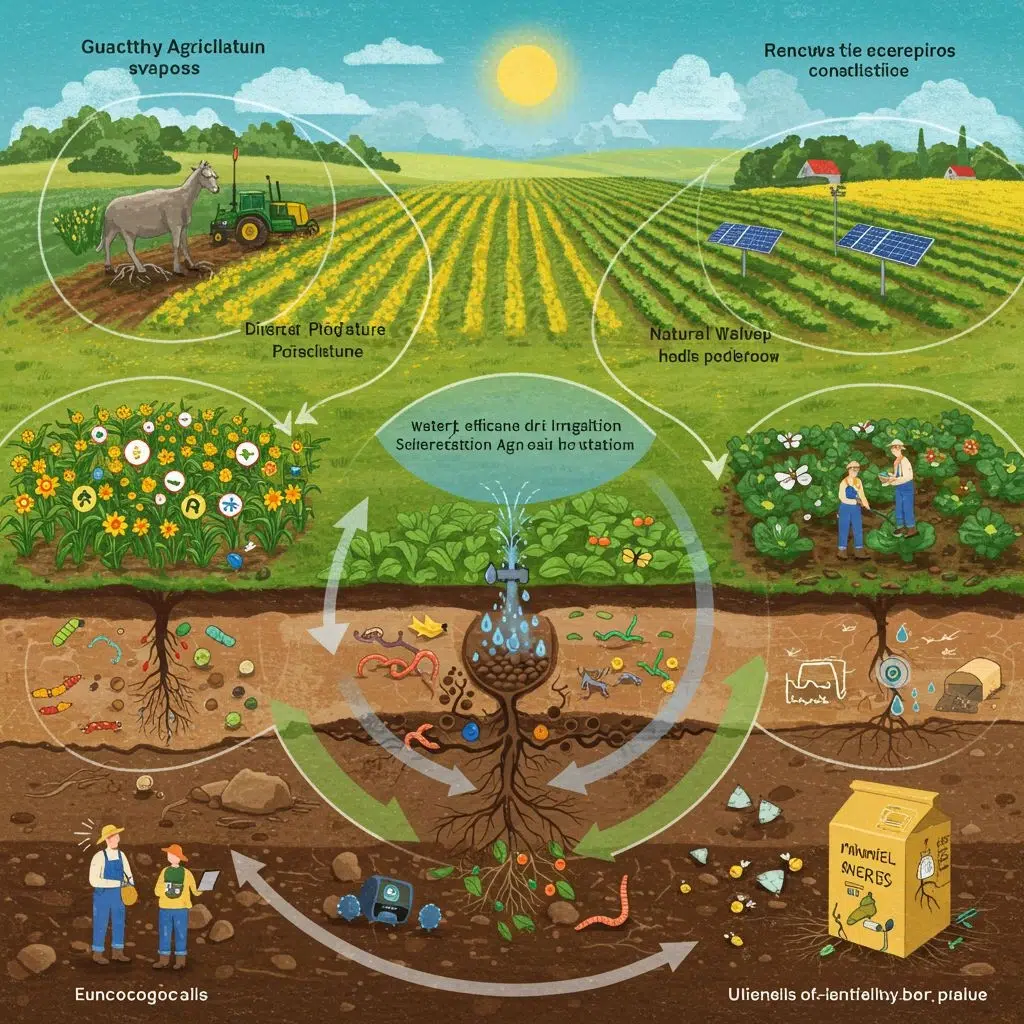
Sustainable agriculture is a way of farming that cares for the environment, makes money, and treats people fairly. It’s a new way of growing food that’s different from old farming methods.
Today’s sustainable farms work with nature, making farming better and more productive. They focus on keeping the environment and economy healthy for a long time.
Key Principles of Agricultural Sustainability
The basics of sustainable agriculture include:
- Protecting soil health through minimal tillage
- Maintaining biodiversity in crop and livestock systems
- Reducing chemical inputs and synthetic fertilizers
- Implementing natural pest management strategies
Environmental Benefits of Sustainable Farming
Sustainable farms offer big environmental wins. They:
- Reduce soil erosion and degradation
- Keep water quality good in local areas
- Help wildlife and keep biodiversity
- Lower carbon footprint through smart land use
Economic Advantages for Farmers
Going green in farming is good for your wallet too. Farmers who go sustainable often see:
- Lower costs for fertilizers and pesticides
- Crops that do better in changing weather
- Higher prices for their green products
- Soil that stays healthy and productive
By following these principles, you can make your farm more sustainable, profitable, and good for the planet.
Essential Soil Management Practices for Sustainable Farms
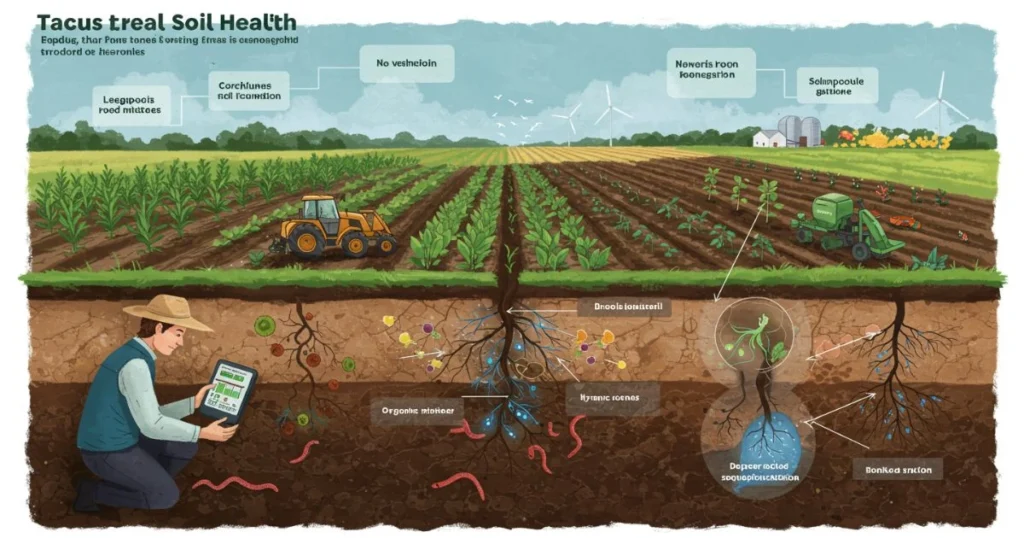
Starting a successful sustainable farm begins with understanding the importance of healthy soil. Your approach to soil management is key to your farming success. Soil is more than just dirt; it’s a living ecosystem that needs care and strategy.
Key soil management practices for sustainable agriculture include:
- No-till farming: Minimizes soil disruption and preserves natural soil structure
- Cover cropping: Protects soil from erosion and adds essential nutrients
- Composting: Recycles organic matter and enhances soil fertility
- Regular soil testing: Provides critical insights into soil health and nutrient levels
By using these sustainable farm techniques, you build a strong agricultural system. Soil testing is your key to understanding your land. It helps you know the best crops and soil amendments.
Good soil management offers many benefits. It makes soil more resilient, holds more water, and cuts down on synthetic fertilizers. Your farm becomes a self-improving ecosystem.
“Healthy soil is the foundation of a thriving agricultural system.” – Sustainable Farming Institute
By focusing on soil health, you’re not just growing crops. You’re investing in your farm’s future and helping the environment.
Water Conservation Methods in Agricultural Sustainability
Water management is key in sustainable agriculture. Farmers now face water scarcity and unpredictable weather. Using smart water-saving techniques can make farms more resilient and eco-friendly.
For sustainable farming, you need new ways to manage water. Your farm’s success depends on using efficient water-saving methods. These protect your crops and the environment.
Efficient Irrigation Systems
Modern irrigation can change how your farm uses water. Here are some advanced methods:
- Drip irrigation systems that deliver water directly to plant roots
- Precision sprinklers with targeted water distribution
- Smart sensor technologies that monitor soil moisture levels
These systems can cut water waste by up to 50%. By using these water-saving methods, you can also lower costs.
Rainwater Harvesting Techniques
Catching and storing rainwater is a great way to get water for farming. Your farm can benefit from:
- Roof collection systems
- Underground storage tanks
- Landscape contouring for natural water retention
Rainwater harvesting is a key part of sustainable farming. It’s a green way to manage water resources.
Drought-Resistant Crop Selection
Choosing the right crops can greatly reduce water use. Look for plants that fit your climate and need little water.
- Native grass species
- Xeriscaping plants
- Crops with low water requirements
By using these water-saving methods, you’ll make your farm more sustainable and responsible.
Crop Rotation and Diversification Strategies
Sustainable farms use smart crop rotation and diversification to keep ecosystems healthy. These methods are key for farming that lasts, helping farmers get the most from their land while keeping soil healthy.
Crop rotation is a smart move. It means planting different crops in the same field over time. This way, you can:
- Prevent soil nutrient depletion
- Reduce pest and disease cycles
- Improve overall soil structure
- Enhance crop yields
Diversification is more than just rotating crops. It’s about growing many types of crops together or in a certain order. Polyculture can make your sustainable farms stronger and more resilient.
Here are some tips for successful crop diversification:
- Plant complementary crops that support each other’s growth
- Integrate cover crops to protect and enrich soil
- Mix annual and perennial plants
- Select crops suited to your specific climate and soil conditions
By using smart crop rotation and diversification, you’ll create a sustainable and productive farm. This supports both the environment and your farm’s long-term success.
Natural Pest Control and Integrated Pest Management
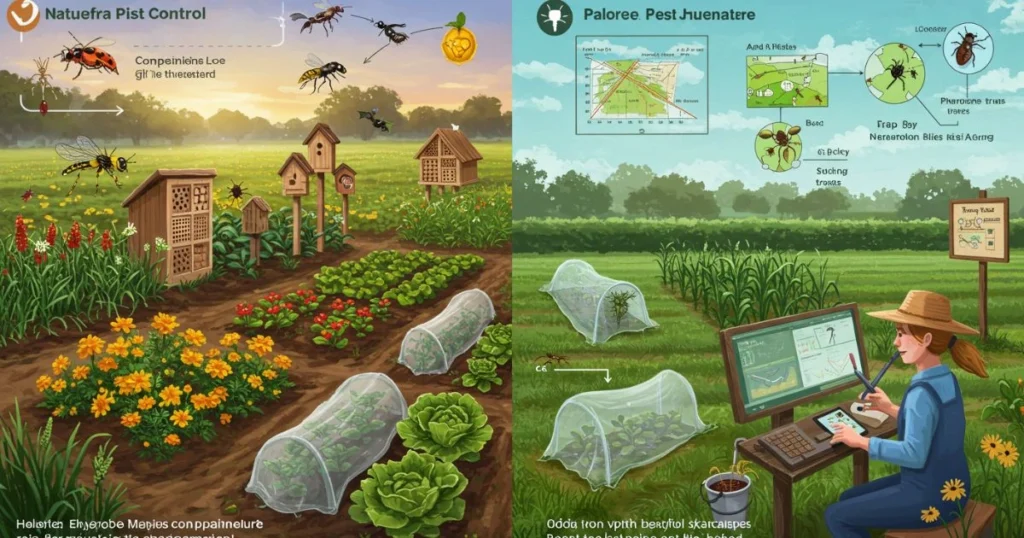
Keeping your sustainable farm safe from pests needs a smart plan. Integrated pest management (IPM) is a green way to fight pests. It keeps your farm healthy and sustainable.
Good pest control is more than just getting rid of bugs. It’s about making your farm a balanced place where pests don’t thrive. By knowing how pests act and using smart tactics, you can keep your crops safe without using harsh chemicals.
Beneficial Insects and Companions
Nature has great helpers for pest control. Some bugs are like superheroes for your farm, fighting off bad pests:
- Ladybugs eat aphids and mites
- Lacewings munch on soft-bodied pests
- Predatory wasps keep caterpillars in check
Planting certain plants together can also help. Some plants keep pests away and attract good bugs.
Organic Pesticide Alternatives
If you need to act, organic options are safer than chemicals. Stuff like neem oil, diatomaceous earth, and plant extracts can fight pests without harming your farm’s health.
Prevention Methods
It’s better to stop pests before they start. Focus on:
- Keeping your soil healthy
- Rotating crops
- Encouraging different types of life
- Watching your crops closely
Using these methods makes your farm strong against pests. It becomes a place where pests are less likely to be a problem.
Organic Fertilization Methods
Sustainable agriculture uses new ways to feed your soil naturally. Organic fertilization is key in sustainable farming. It helps farmers grow more crops while keeping the environment safe.
Starting with organic fertilization means seeing soil as a living world. You aim to make soil full of nutrients for plants, without harmful chemicals. Organic methods include:
- Composting: Turn kitchen and garden waste into soil full of nutrients
- Vermicomposting with earthworms to break down organic matter
- Green manuring with cover crops that fix nitrogen
- Using crop residues and plant-based materials
“Healthy soil is the foundation of sustainable agriculture,” agricultural experts consistently emphasize.
When you start organic fertilization, check what your soil needs. Soil tests help make organic fertilizers that fit your farm’s needs. Sustainable farming focuses on keeping soil healthy for a long time, not just quick fixes.
Organic fertilization does more than just feed plants. It also makes soil better, boosts microbes, and is kinder to the environment. Choosing organic methods means you’re caring for your land’s future and keeping it balanced.
Sustainable Agriculture Equipment and Tools
Choosing the right equipment is key for sustainable farms. Your strategy starts with tools that are good for the environment and efficient. The right gear can cut down your carbon footprint and boost farm productivity.
Essential Tools for Small-Scale Farming
Quality hand tools are vital for sustainable farms. Here are some must-haves for your efforts:
- Ergonomic hand trowels
- High-quality pruning shears
- Lightweight manual seed planters
- Composting tools
- Soil testing kits
Eco-Friendly Machinery Options
Modern sustainable farming needs new machinery. Electric and solar-powered farm tools are changing small farms. Look for:
- Electric compact tractors
- Solar-powered irrigation systems
- Battery-operated field equipment
- Low-emission cultivation machinery
Maintenance and Sustainability
Keeping your equipment in good shape is important. Regular cleaning, timely repairs, and smart storage help. This approach reduces waste and boosts farm efficiency over time. Create a maintenance plan that protects your investment and supports green farming.
Climate-Smart Agricultural Practices
Climate change is a big challenge for farms. It makes farming and protecting the environment harder. But, by using smart strategies, farmers can fight off bad weather and lessen harm to nature.
Some important climate-smart practices are:
- Adopting drought-resistant crop varieties
- Implementing precision farming techniques
- Utilizing advanced microclimate management strategies
- Integrating agroforestry systems
Precision agriculture uses new tech to check soil, water, and crops. It lets farmers make smart choices based on data. This way, they use resources better and harm the environment less.
Climate-smart agriculture is not just about survival—it’s about creating sustainable farming systems that thrive in changing environmental conditions.
Using methods like minimal tillage and cover cropping cuts down on harmful gases. These methods keep soil healthy, hold water better, and boost nature’s health. By trying these new ways, your farm can become a leader in sustainability.
Your work on climate-smart farming helps your farm and the planet. It’s a big step towards a greener future.
Marketing Your Sustainable Farm Products
To turn sustainable farming into a thriving business, you need smart marketing and strong ties with buyers. Your farm’s success hinges on showing the special value of your eco-friendly products.
Direct-to-Consumer Sales Strategies
Direct sales can really boost your farm’s income. Here are some effective ways to sell:
- Local farmers’ markets with live product demos
- Community Supported Agriculture (CSA) subscription plans
- Online shops focused on green farming
- Partnerships with farm-to-table restaurants
Building a Sustainable Brand
Your brand’s story is key. People want to know how their food is made. Share your farm’s dedication to green farming through:
- Engaging social media posts
- Farm tours and workshops
- Clear product packaging info
- Stories about your farming journey
Certification Programs
Certification can increase trust and value. Look into programs that prove your green farming:
- USDA Organic Certification
- Regenerative Organic Certification
- Real Organic Project verification
- Local green farming network badges
Marketing is an investment in your farm’s future. By showing off your green farming, you’ll draw in buyers who care about quality and the planet.
Getting Started with Your Sustainable Farm
Starting a sustainable farm needs careful planning and smart thinking. Your journey in agriculture starts with the basics that will help your farm succeed.
First, do a thorough site analysis. Check your land’s soil, its shape, and natural resources. A soil test will tell you about nutrients and challenges in your farm.
- Assess your property’s unique microclimate
- Determine optimal crop placement
- Identify possible water sources
- Research local agricultural laws
Having a strong business plan is key for sustainable farms. Your plan should cover:
- Financial forecasts
- How to choose crops
- Marketing strategies
- Environmental goals for the future
“Success in agriculture sustainability comes from thoughtful preparation and continuous learning.” – Sustainable Agriculture Network
Start small and grow slowly. Many sustainable farms started with a few acres and little money. Focus on learning, making efficient systems, and joining local farming groups.
Look for training, workshops, and mentors in sustainable farming. The USDA and local extension offices have great resources for new farmers who want to farm green.
Conclusion
Your journey into sustainable agriculture is more than a farming method. It’s a promise to care for the environment and produce food responsibly. By using the techniques from this guide, you can make your farm more resilient and eco-friendly.
Agriculture and sustainability go hand in hand. The methods you’ve learned, like managing soil and conserving water, help you farm in a way that’s good for the planet. Every step you take helps make farming more sustainable worldwide.
Sustainable farming is a journey that never ends. Your openness to learning and improving is essential. Look for local resources, attend workshops, and connect with other farmers to grow your knowledge and support network.
The future of farming relies on innovators like you who care about the planet and grow healthy food. By choosing sustainable practices, you’re not just growing crops. You’re building hope for the future and showing the power of farming done right.

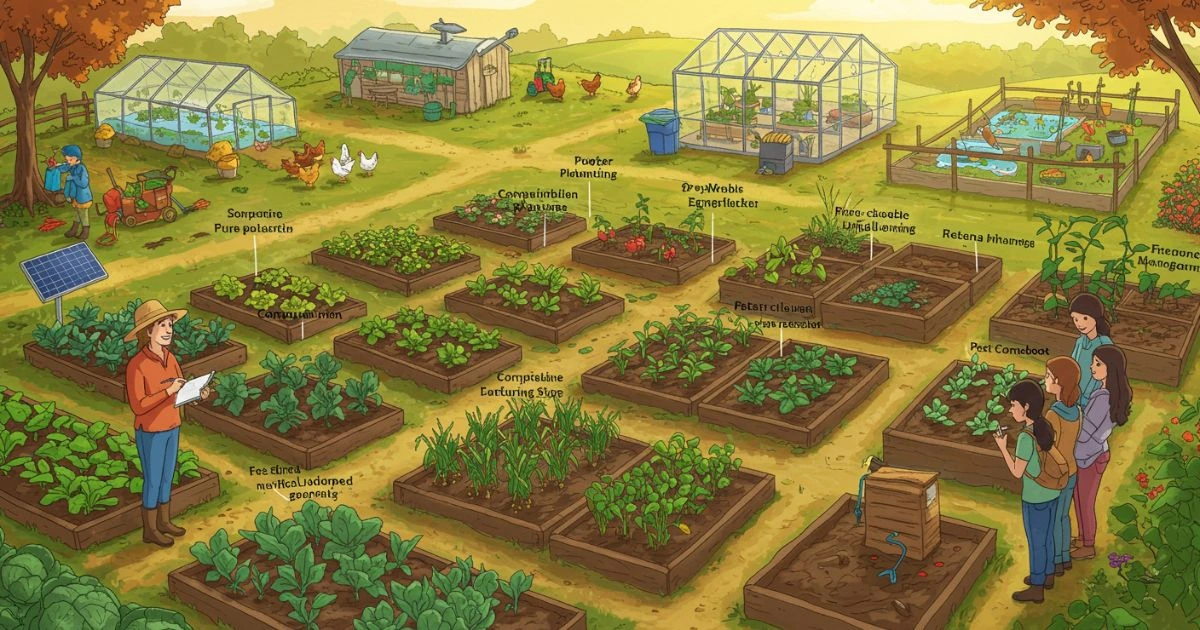
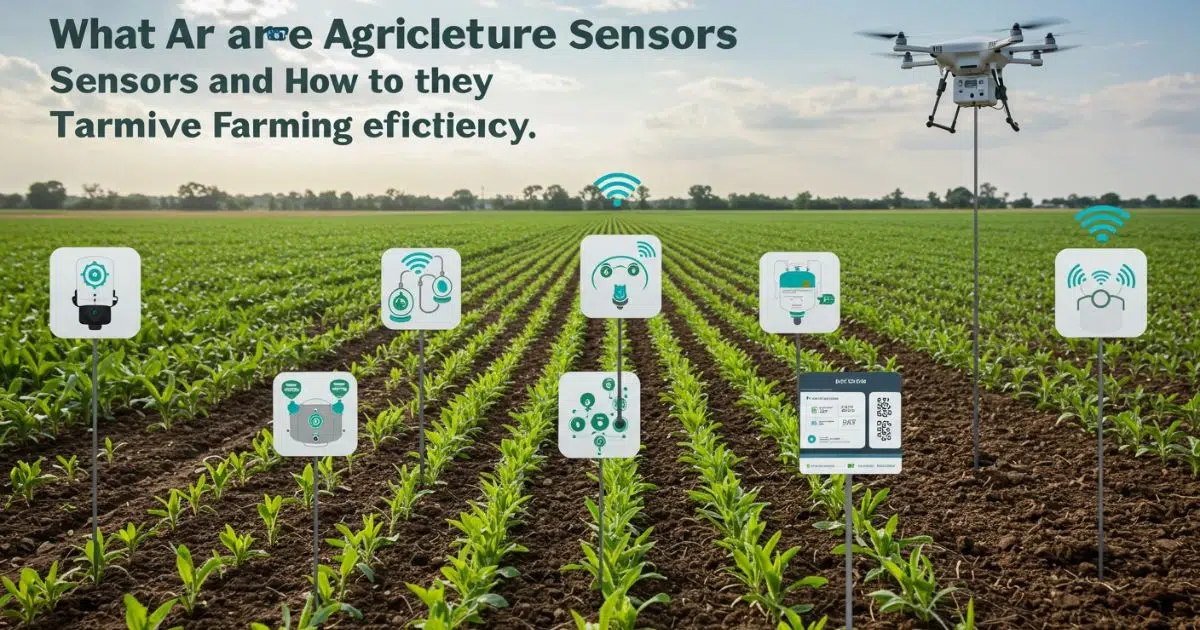
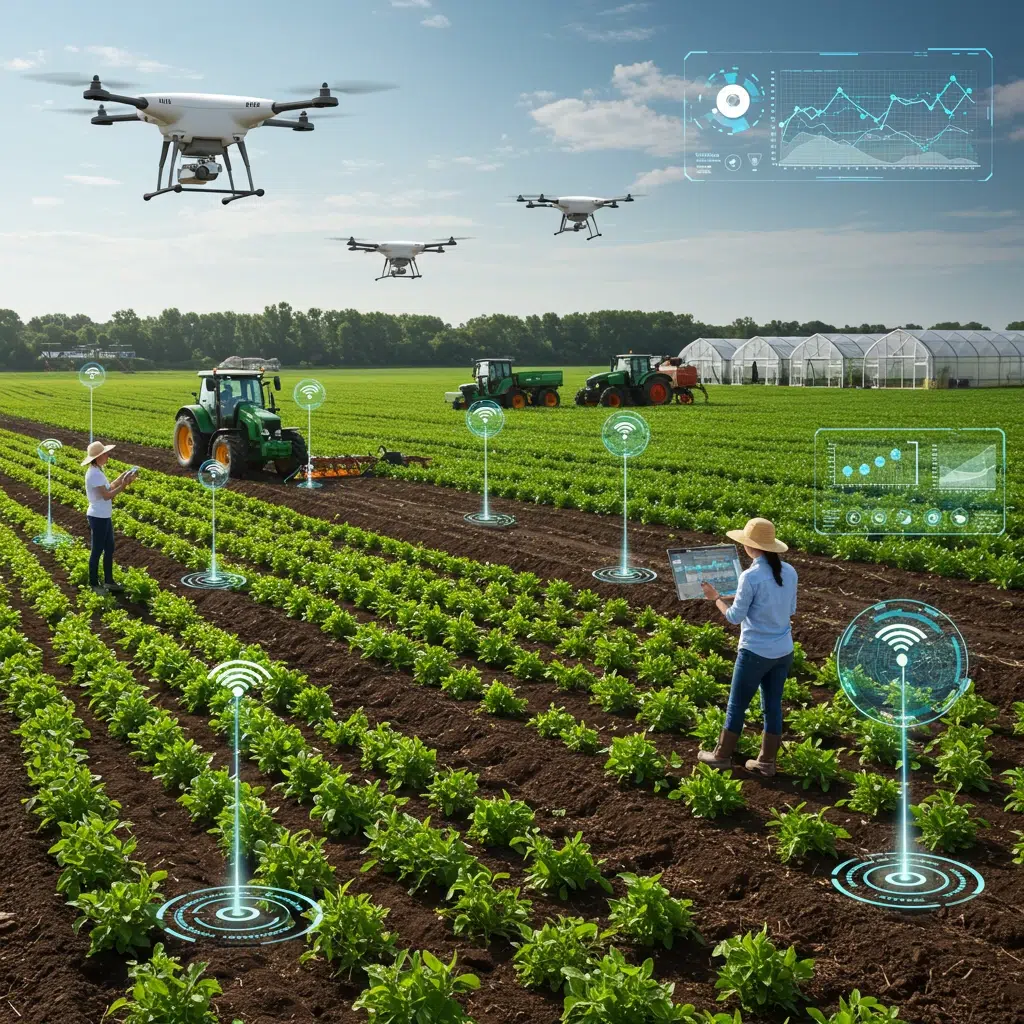
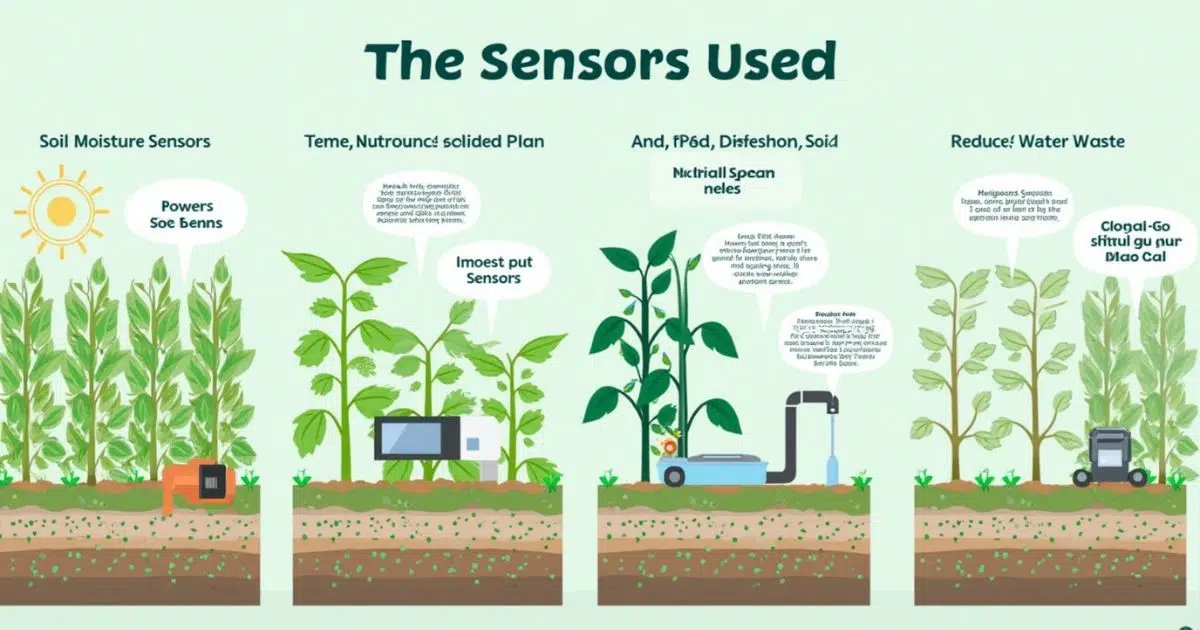
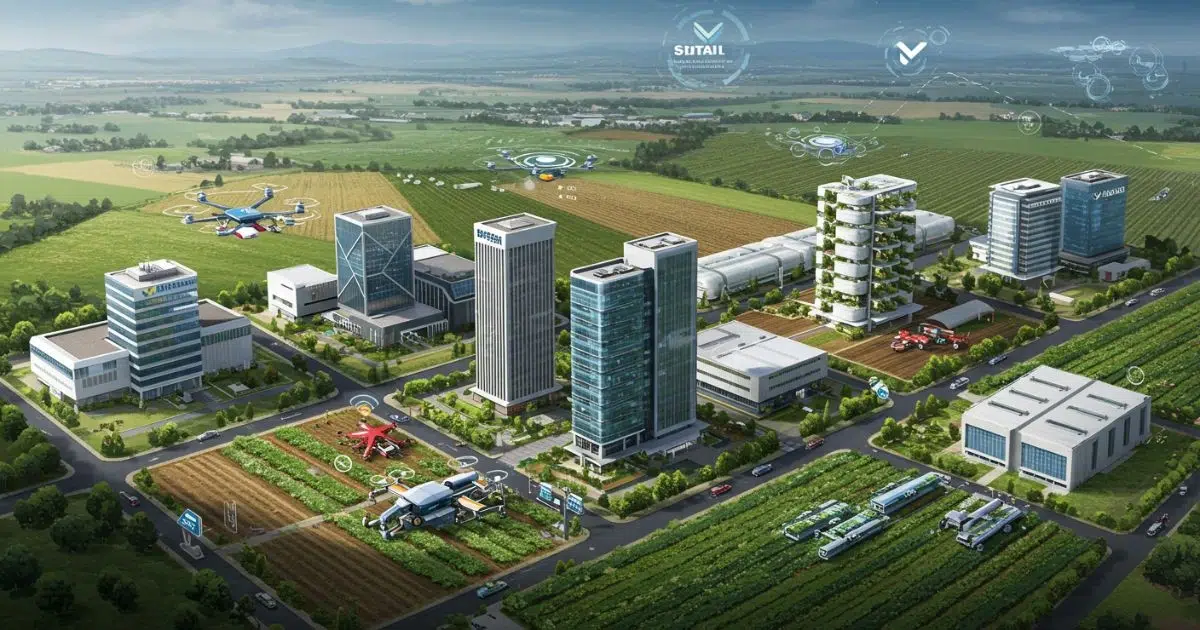
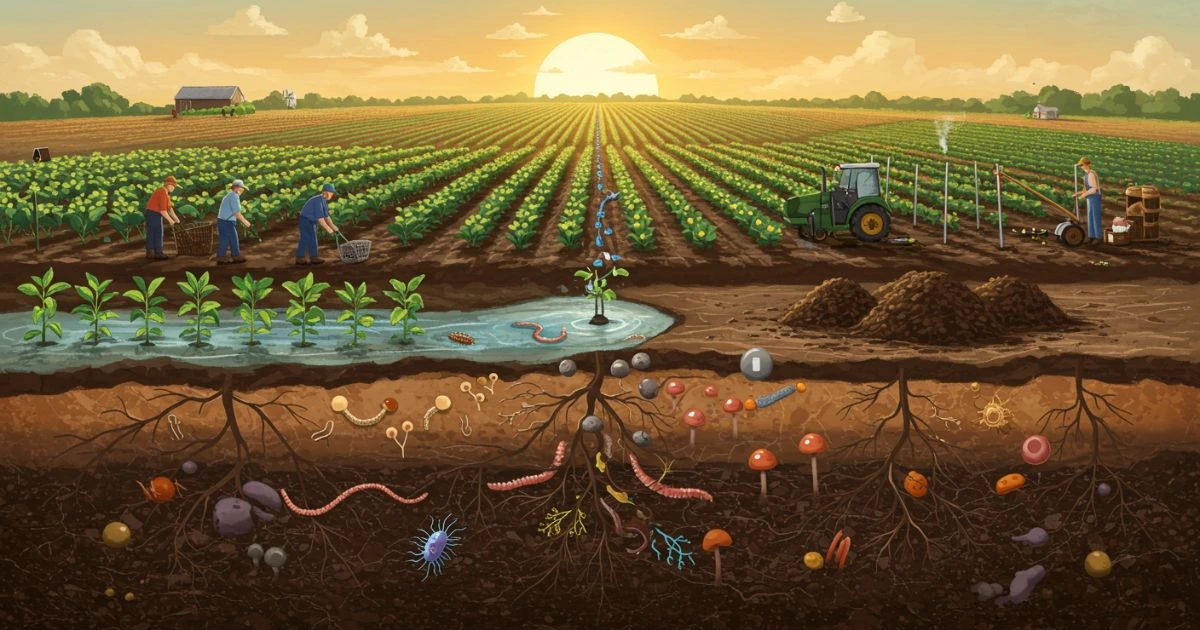
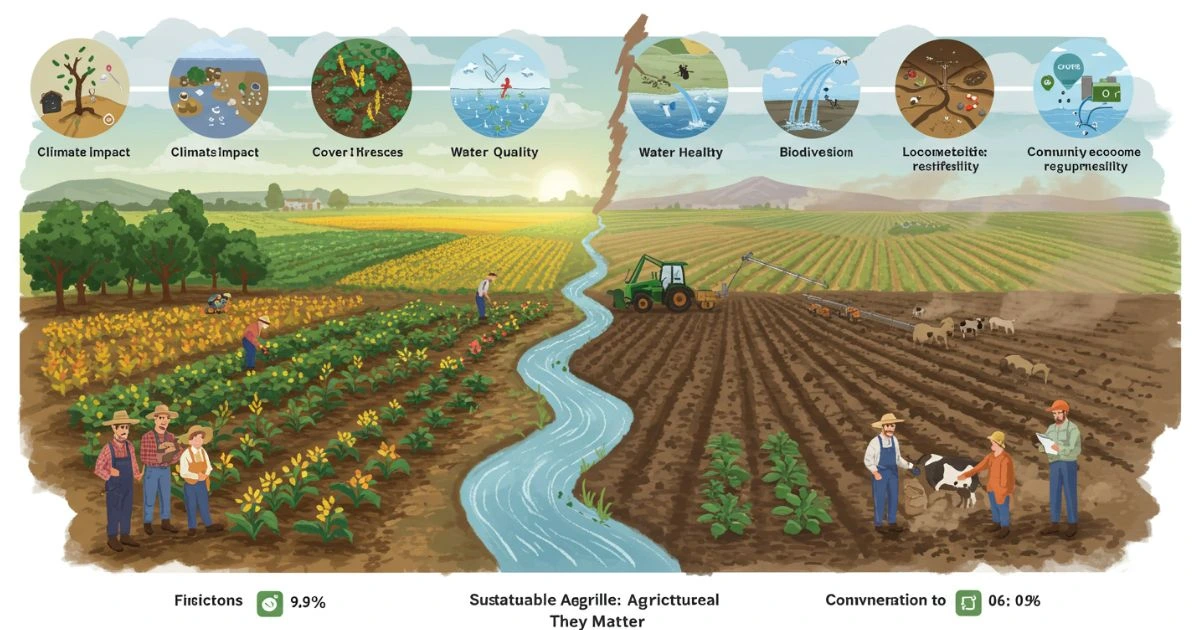
Leave a Reply